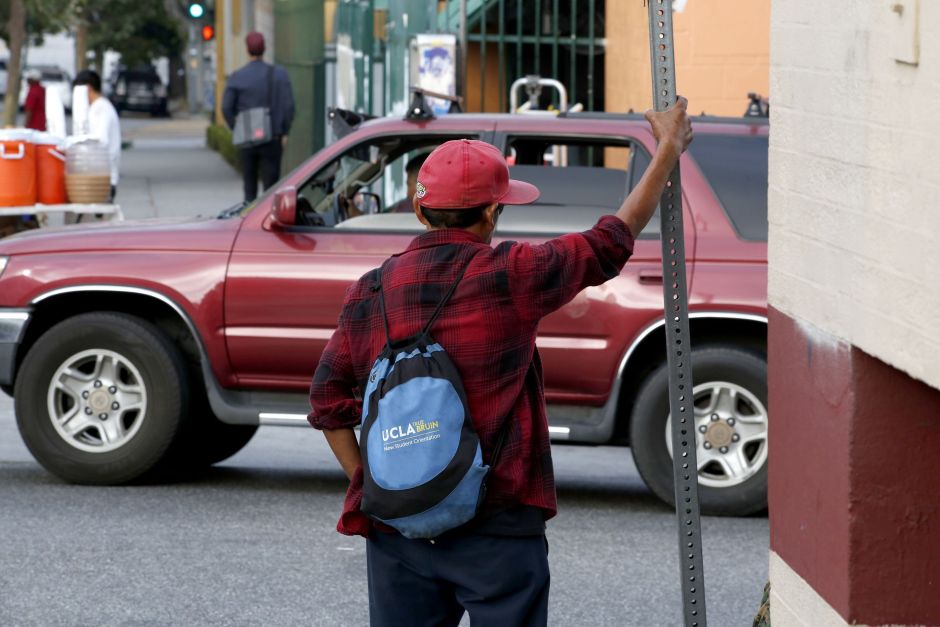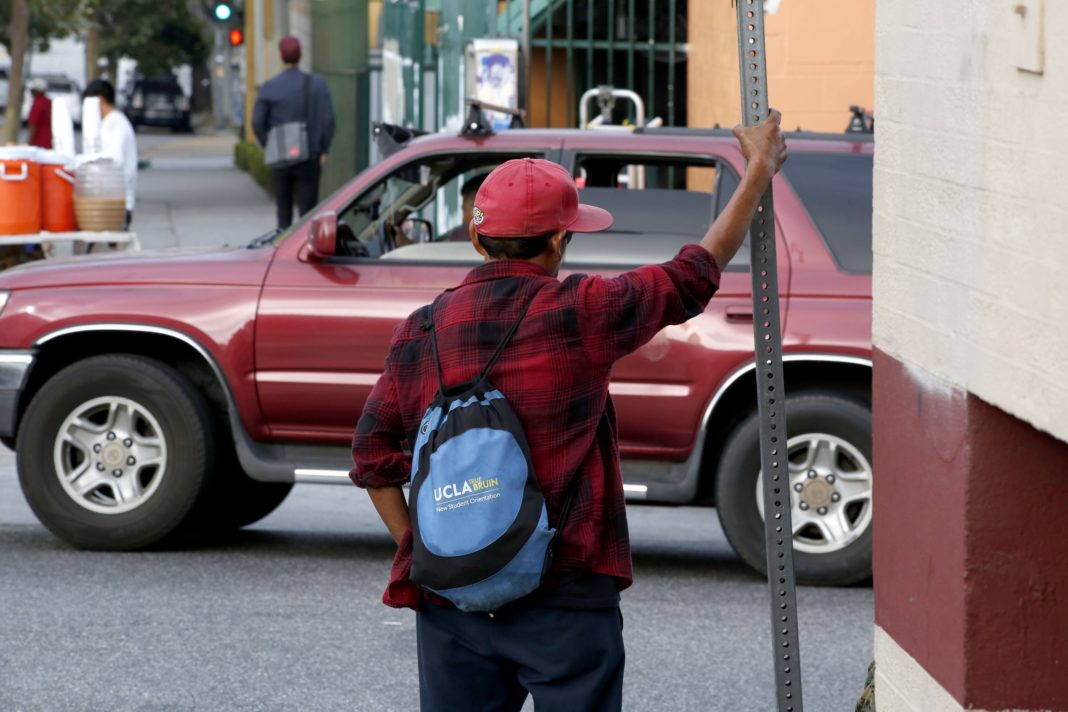
United Way of Greater Los Angeles will give the money to five organizations, which will distribute the grant among the community.
Luis, who is an undocumented immigrant, had a steady job until mid-March when the coronavirus pandemic forced his employer to close the carwash business where he worked full time.
"We all take this problem very seriously and if I could I would stay home, but I have to work to support my wife and daughter," said the man in March, who preferred not to provide his last name.
Luis said at least 26 car wash workers lost their jobs.
Given the precarious situation that they are going through and the lack of financial aid – since their case did not qualify for the economic stimulus of the government – Luis and his colleagues could possibly benefit from aid that comes from the United Way of Greater Los Angeles, an organization non-profit that is responsible for fighting poverty.
The entity announced that its third round of grants from the Pandemic Relief Fund is coming this week, which will focus on helping undocumented workers and low-income families in Los Angeles County.
In just over two months, the Pandemic Relief Fund has raised more than $ 9.5 million through donations from corporations like SoCalGas and Wells Fargo; in addition to entities such as the Hilton Foundation and the LA Rams, which have distributed aid to different groups with high need.
How much will be distributed and how?
This time around $ 1 million was awarded to various non-profit organizations in Los Angeles County that will be responsible for giving the money to workers who do not have access to federal support or tax services to qualify for state assistance, like unemployment.
Evelyn Garcia, senior program officer for the United Way of Greater Los Angeles, said more than $ 400,000 is directed to help financially suffering workers like mariachis, day laborers, janitors, housecleaners and babysitters.
Another $ 400,000 will be given to food banks to provide the necessary food to the neediest families.
While the rest of the money will be used to continue supporting the homeless to obtain a temporary roof as well as to continue buying essential items such as masks, gloves, thermometers and hygiene kits.
"We anticipate that nearly 1,000 undocumented immigrants will receive direct financial assistance to pay their rent and other basic needs," said Garcia. "Additionally, another 1,000 families will receive essential food and articles."
He added that the exact amount with which the workers will be benefited will be established by each organization that is responsible for reaching out to these groups of people.
He added that this is the best way to grant money since many undocumented people feel more confident with these community organizations.
Although federal aid has been a great help to many Americans, it continues to keep out low-income and undocumented working families, Elise Buik, president and CEO of United Way of Greater Los Angeles said in a statement.
"The incredible support and generosity of our pandemic relief fund will help make it possible to support those in need and their families," said the president.
The first round of grants identified immediate needs following the closure of schools and businesses due to the coronavirus, supporting low-income entrepreneurs such as street vendors, homeless people, and low-income students and their families.
In the second round, the fund gave direct grants to more than 100 organizations and mini grants to 45 other community entities throughout Angelino County.
Those interested in knowing if they qualify for this benefit should contact one of the following participating organizations: CARECEN, Community Power Collective, IDEPSCA, Inner City Struggle and Building Skills Partnership for more details.
Unemployment on the rise
The California Department of Employment Development (EDD) revealed Friday that California's unemployment rate hit 15.5% in April.
In other words, around 2.3 million people lost their employees after the coronavirus pandemic that forced the closure of thousands of businesses considered non-essential.
The case is much worse among the undocumented community.
Advocates and service providers say the coronavirus and orders to stay home have had a disproportionately high impact on this already low-wage group.
Undocumented workers who have lost their jobs during the pandemic are because they are sick, quarantined, or ordered to stay home due to chronic conditions they may face.
California has more than 2 million undocumented immigrants, representing almost 1 in 10 workers in the state (10%). About two-thirds have lived in the Golden State for more than 10 years, according to the California Institute of Public Policy.
In 2014, undocumented immigrants in California paid about $ 3.2 billion in state and local taxes. However, they do not qualify for any type of government aid or unemployment.
On the other hand, the EDD reported that more than 5.1 million people – who do qualify for this service – have requested it since March.
Sharon Hilliard, director of the EDD, said the agency is preparing to hire about 1,800 people to handle the claims.
However, to answer all the department's phone calls, he indicated that it would take about 28,000 full-time employees, from 8:00 a.m. at 8:00 p.m., seven days a week.








